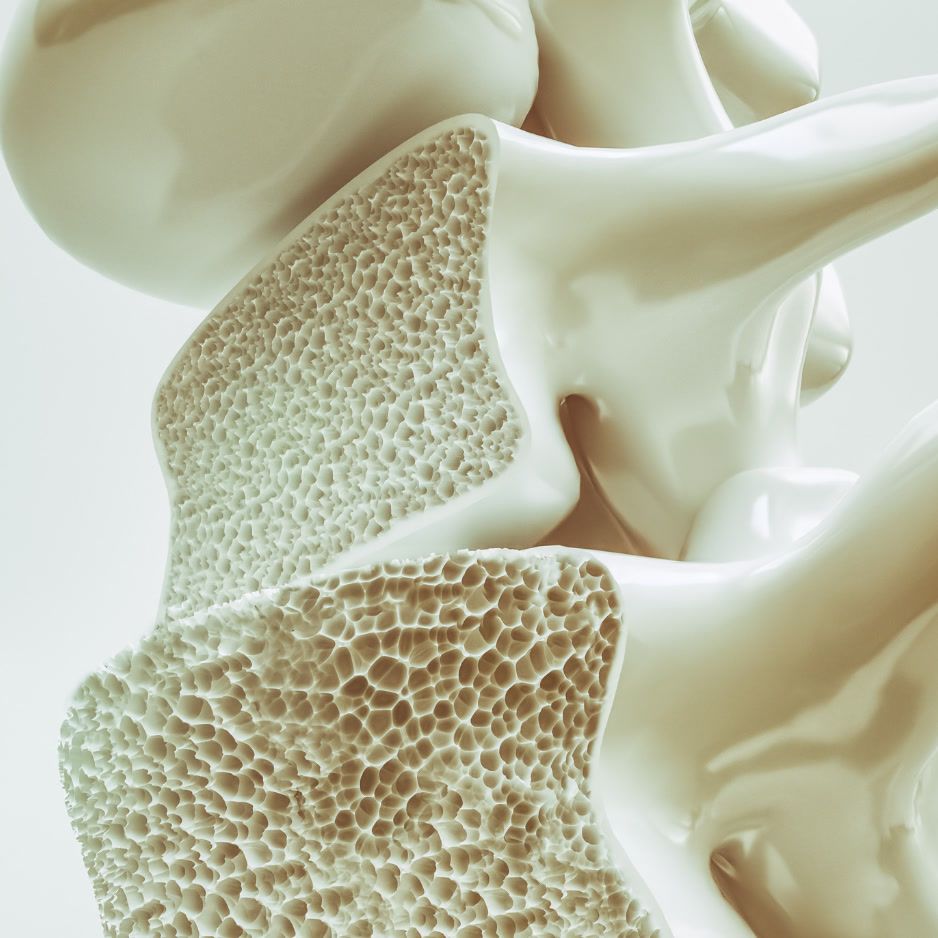What Percentage of the Human Body is Water?

What Percentage of the Human Body is Water?
Water is essential for life. It makes up a significant portion of our bodies and plays a vital role in various bodily functions. Understanding the percentage of water in the human body can shed light on the importance of staying hydrated and maintaining optimal health. In this article, we will explore the composition of the human body, the factors that influence water percentage, the impact of hydration and dehydration, and how to maintain an optimal body water percentage.
Get weekly updates.
Understanding the Human Body's Composition
Before diving into the percentage of water in the human body, let's first understand the overall composition of our bodies. The human body is an intricate network of various tissues, organs, and systems working together to sustain life. While water is an essential component, it is not the sole constituent of our bodies.
Other components include proteins, carbohydrates, fats, minerals, and vitamins. These different substances collectively make up the solid components of our body.
The Role of Water in the Human Body
Water is a critical component that keeps our bodies functioning optimally. It serves several crucial roles, including:
- Regulating body temperature: Water acts as a coolant and helps maintain a stable body temperature.
- Transporting nutrients: It carries essential nutrients to cells, allowing them to perform their functions.
- Aiding digestion: Water helps break down food and facilitates the absorption of nutrients in the digestive system.
- Lubricating joints: Water helps reduce friction between joints, allowing smooth movement.
- Removing waste products: It aids in the elimination of waste products from the body through urine and sweat.
These are just a few examples of the vital roles water plays in our bodies. Water is indispensable for our overall health and well-being.
Factors Influencing Water Percentage in the Body
The percentage of water in the human body can vary depending on various factors. These factors include:
- Age: The percentage of water tends to be higher in infants and decreases with age.
- Gender: Men generally have a higher water percentage compared to women.
- Body composition: Lean individuals typically have a higher water content than those with more body fat.
- Overall health: Medical conditions and certain medications can affect water distribution in the body.
These influences highlight the need to consider individual differences when examining the percentage of water in the human body.
Breaking Down the Body's Water Content
Now that we have explored the importance of water in the human body and the factors that can influence its percentage, let's delve deeper into the distribution of water throughout our bodies.
Water in Different Body Tissues
Water content can vary across different tissues and organs in the body. Some tissues have a higher water content than others. For example, muscle tissue is approximately 75% water, while adipose tissue (fat) contains about 10-20% water.
Other organs, such as the brain and heart, also have high water percentages. The brain consists of about 75% water, while the heart muscles contain about 73% water. These percentages showcase the vital role water plays in these critical organs.
Water in Blood and Other Bodily Fluids
In addition to its presence in tissues, water is also present in blood and other bodily fluids. Blood is approximately 92% water, enabling it to carry nutrients, oxygen, and waste products throughout the body efficiently.
Bodily fluids, such as saliva, tears, and sweat, also contain water. These fluids aid in the digestion process, regulate body temperature, and maintain the balance of electrolytes in our bodies.
Age, Gender, and Body Water Percentage
Now that we understand how water is distributed in various body tissues and fluids, let's examine how age and gender can influence the percentage of water in the human body.
Water Content in Men vs. Women
Men generally have a higher percentage of water in their bodies compared to women. The difference can be attributed to variations in body composition, with men typically having more lean muscle mass, which holds more water. On average, men have a water percentage of around 60%, while women have a water percentage of approximately 55%.
These differences emphasize the importance for everyone, regardless of gender, to maintain proper hydration levels.
How Age Affects Body Water Percentage
Age also plays a role in determining the water percentage in the human body. Infants have the highest water percentage, accounting for about 75-78% of their total body mass. As we age, our bodies naturally lose water content, with the elderly having the lowest percentages.
This decrease in water percentage can be attributed to various factors, including changes in body composition, reduced muscle mass, and an increased proportion of body fat. It serves as a reminder for individuals of all ages to prioritize hydration.
The Impact of Hydration and Dehydration
Hydration is crucial for maintaining overall health, while dehydration can have severe consequences for the body. Let's explore the impact of both hydration and dehydration.
Signs of Proper Hydration
When properly hydrated, our bodies exhibit certain signs. These signs include:
- Having clear or light-colored urine.
- Feeling energetic and alert.
- Having smooth and supple skin.
- Experiencing normal bowel movements.
- Maintaining a stable body temperature.
These signs indicate that our bodies have an adequate water supply and are functioning optimally.
Consequences of Dehydration
On the other hand, dehydration can lead to a range of adverse effects. Mild dehydration can cause symptoms such as thirst, fatigue, dry mouth, and decreased urine output. If left untreated, dehydration can progress and result in more severe consequences, including dizziness, confusion, rapid heartbeat, and even organ failure.
It is crucial to recognize the signs of dehydration and take action promptly to ensure optimal health.
Maintaining Optimal Body Water Percentage
To maintain an optimal body water percentage, it is essential to prioritize hydration and adopt healthy habits. Let's explore some key factors in maintaining proper hydration.
Importance of Regular Water Intake
Regular water intake is fundamental to maintaining an adequate body water percentage. It is recommended to drink at least eight glasses, or about two liters, of water per day. However, individual needs may vary based on factors such as body weight, activity level, and climate.
Remember that staying hydrated is not limited to consuming plain water. Other beverages such as herbal tea, infused water, and fresh fruit juices can also contribute to your daily fluid intake. However, it is essential to be mindful of added sugars and opt for healthier choices.
Role of Diet and Exercise in Hydration
In addition to regular water intake, our diet and exercise habits also play a significant role in maintaining optimal body water percentage. Consuming foods with high water content, such as fruits and vegetables, can contribute to overall hydration.
Exercise, while important for overall health, can increase our fluid needs. It is crucial to replenish fluids lost through sweat during physical activity by drinking water before, during, and after exercise.
By prioritizing regular water intake, adopting a healthy diet, and incorporating exercise into our routines, we can maintain an optimal body water percentage and promote overall well-being.
Ultimately, understanding the percentage of water in the human body highlights the importance of hydration for our overall health and well-being. By staying properly hydrated, we can ensure the smooth functioning of our bodily systems, support nutrient transport, maintain body temperature, and promote optimal organ function.
To accurately track changes in body composition, including water percentage, consider BodySpec's affordable DEXA scans. These scans provide detailed insights into body fat, muscle mass, and bone health over time. By monitoring these aspects, you can make informed choices to optimize your health and well-being.


